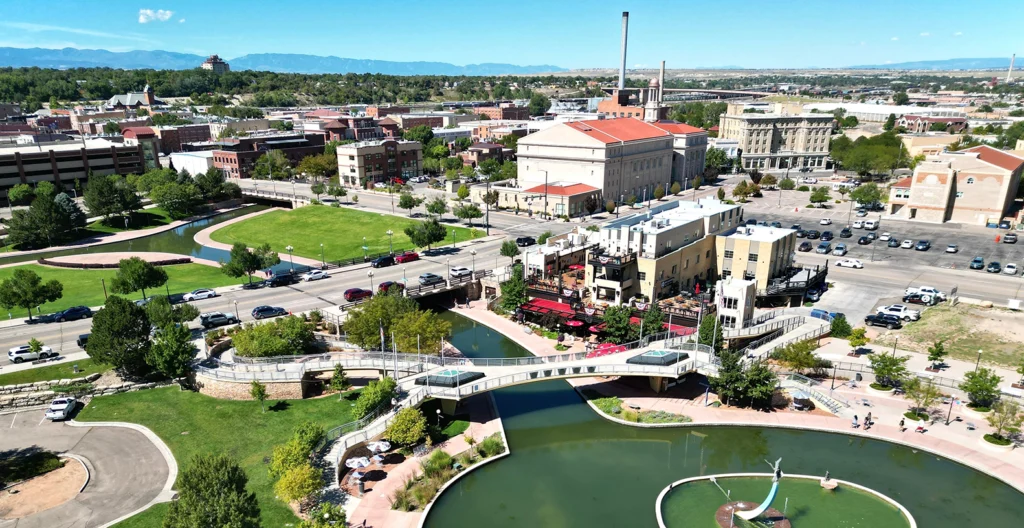All Pueblo Addiction Treatment Centers
-
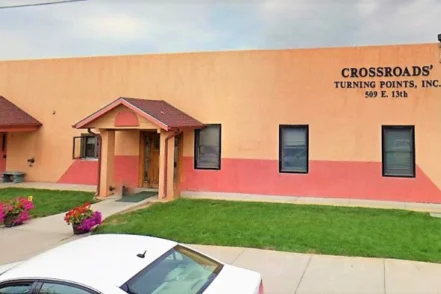
Crossroads Turning Points East 13th Street
509 East 13Th Street
Pueblo, Colorado 81001Treatment Programs
- Alcohol Rehab
- Dual Diagnosis
- Opioid Addiction
- +6
Insurance
- Medicaid
- Self-pay options
- +1
-
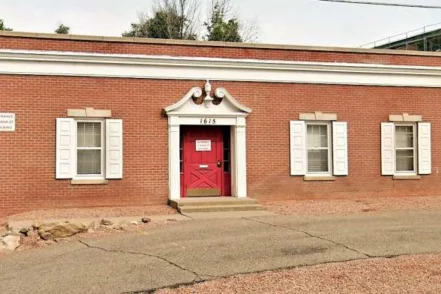
Crossroads Turning Points Pueblo
1615 Bonforte Boulevard
Pueblo, Colorado 81001Treatment Programs
- Alcohol Rehab
- Dual Diagnosis
- Opioid Addiction
- +5
Insurance
- Medicaid
- Self-pay options
- +2
-
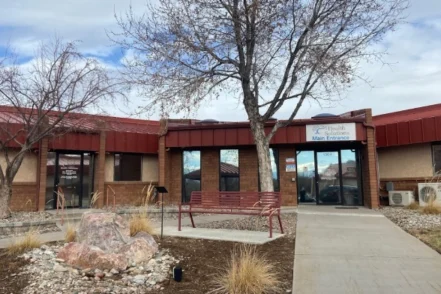
Health Solutions Adult Outpatient Services
1304 Chinook Lane
Pueblo, Colorado 81001Treatment Programs
- Alcohol Rehab
- Dual Diagnosis
- Adult Program
- +4
Insurance
- Medicaid
- Private insurance
- +5
-
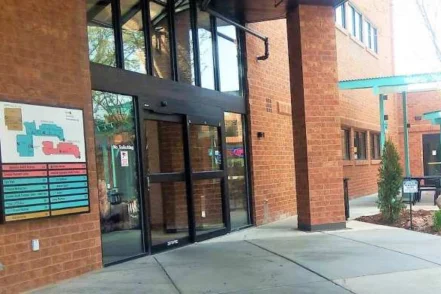
Health Solutions Crestone Recovery and Adult OP
41 Montebello Road, Suite LL1
Pueblo, Colorado 81082Treatment Programs
- Alcohol Rehab
- Dual Diagnosis
- Opioid Addiction
- +5
Insurance
- Medicaid
- Private insurance
- +5
-
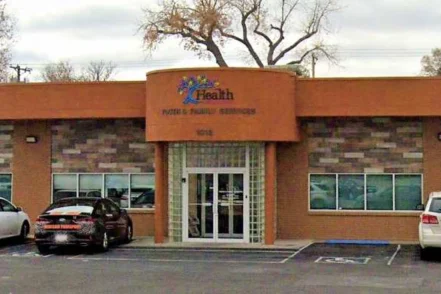
Health Solutions Youth and Family Services
1012 West Abriendo Avenue, Suite 100
Pueblo, Colorado 81004Treatment Programs
- Dual Diagnosis
- Young Adult Rehab
- LGBTQ Friendly Rehab
Insurance
- Medicaid
- Private insurance
- +3
-
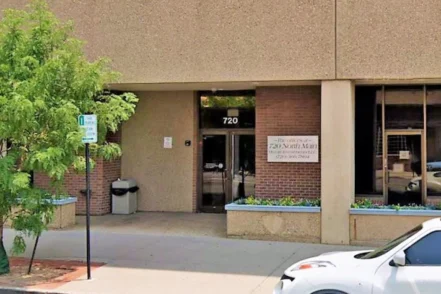
State of Grace
720 North Main Street, Suite 240
Pueblo, Colorado 81003Treatment Programs
- Alcohol Rehab
- Dual Diagnosis
- Opioid Addiction
- +4
Insurance
- Medicaid
- Self-pay options
- +2
-
1st Alliance Treatment Services Pueblo
1300 Fortino Boulevard, Suite F
Pueblo, Colorado 81008Treatment Programs
- Alcohol Rehab
- Dual Diagnosis
- Opioid Addiction
- +4
Insurance
- Medicaid
- Self-pay options
- +3
-
Acute Treatment Unit
1302 Chinook Lane
Pueblo, Colorado 81001Treatment Programs
- Dual Diagnosis
- Adult Program
- Senior Rehab
- +1
Insurance
- Medicaid
- Private insurance
- +3
-
El Pueblo Boys and Girls Ranch Pueblo
1 El Pueblo Ranch Way
Pueblo, Colorado 81006Treatment Programs
- Alcohol Rehab
- Dual Diagnosis
- Young Adult Rehab
- +3
Insurance
- Medicaid
- Private insurance
- +4
-
Haven Behavioral Hospital Pueblo
1008 Minnequa Avenue, Suite 6100
Pueblo, Colorado 81004Treatment Programs
- Dual Diagnosis
- Adult Program
- Senior Rehab
- +2
Insurance
- Private insurance
- Self-pay options
- +2
-
Health Solutions Emergency Crisis Services
1310 Chinook Lane
Pueblo, Colorado 81001Treatment Programs
- Dual Diagnosis
- Adult Program
- Senior Rehab
- +1
Insurance
- Medicaid
- Private insurance
- +3
-
Health Solutions Parker Boulevard
3691 Parker Boulevard, Suite 200
Pueblo, Colorado 81008Treatment Programs
- Dual Diagnosis
- Adult Program
- Senior Rehab
- +2
Insurance
- Medicaid
- Private insurance
- +5
-
Parkview Chemical Dependecy Adult
58 Club Manor Drive
Pueblo, Colorado 81008Treatment Programs
- Alcohol Rehab
- Opioid Addiction
- Drug Rehab
- +5
Insurance
- Medicaid
- Private insurance
- +3
-
Southern Colorado Clinic
3676 Parker Boulevard, Suite 230
Pueblo, Colorado 81008Treatment Programs
- Dual Diagnosis
-
Southern Colorado Court Services
200 West B Street, Suite 266
Pueblo, Colorado 81003Treatment Programs
- Alcohol Rehab
Other Nearby Cities
Top Drug Rehab Centers in Colorado
-
 Colorado
ColoradoRed Rock Recovery Center
12567 W Cedar Drive, Suite 100 Lakewood, Colorado 80228
Treatment Programs
- Alcohol Rehab
- Dual Diagnosis
- Opioid Addiction
- +4
-
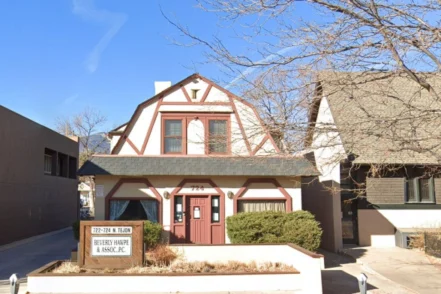 Colorado
ColoradoBeverly Hawpe and Associates
724 North Tejon Street Colorado Springs, Colorado 80903
Treatment Programs
- Drug Rehab
- +-2
-
 Colorado
ColoradoDenver Womens Recovery
3801 East Florida Avenue, Suite 650 Denver, Colorado 80210
Treatment Programs
- Alcohol Rehab
- Dual Diagnosis
- Opioid Addiction
- +2
-
 Colorado
ColoradoAll Points North Lodge
2205 Cordillera Way Edwards, Colorado 81632
Treatment Programs
- Dual Diagnosis
- +-2
-
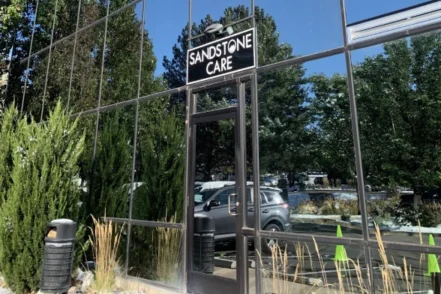 Colorado
ColoradoSandstone Care Denver Center
7555 East Hampden Avenue, Suite 103 Denver, Colorado 80231
Treatment Programs
- Alcohol Rehab
- Dual Diagnosis
- Opioid Addiction
- +6
-
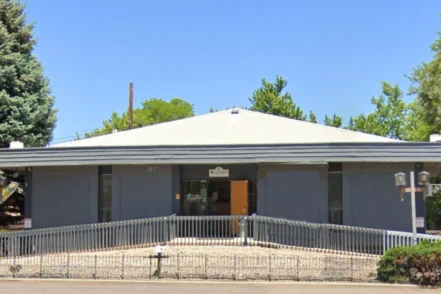 Colorado
ColoradoA New Perspective Counseling Centers Loveland
2017 West Eisenhower Boulevard Loveland, Colorado 80537
Treatment Programs
- Alcohol Rehab
- Dual Diagnosis
- Opioid Addiction
- +4
-
 Colorado
ColoradoValley Hope of Parker
22422 E Main Street Parker, Colorado 80138
Treatment Programs
- Alcohol Rehab
- Dual Diagnosis
- Opioid Addiction
- +4
-
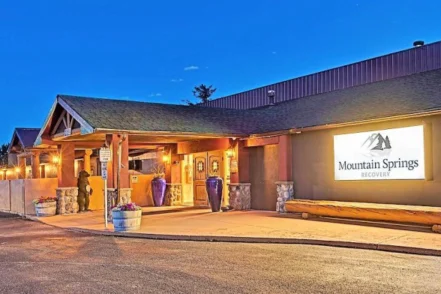 Colorado
ColoradoMountain Springs Recovery
1865 Woodmor Monument, Colorado 80132
Treatment Programs
- Dual Diagnosis
- Adult Program
- Men's Rehab
- +1
-
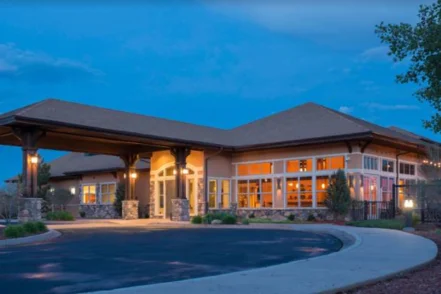 Colorado
ColoradoThe Recovery Village at Palmer Lake
443 S. CO-105 Palmer Lake, Colorado 80133
Treatment Programs
- Alcohol Rehab
- Dual Diagnosis
- Opioid Addiction
- +6
-
 Colorado
ColoradoThe Rose House Louisville
601 Snowpeak Ln Louisville, Colorado 80027
Treatment Programs
- Alcohol Rehab
- Dual Diagnosis
- Opioid Addiction
- +3
